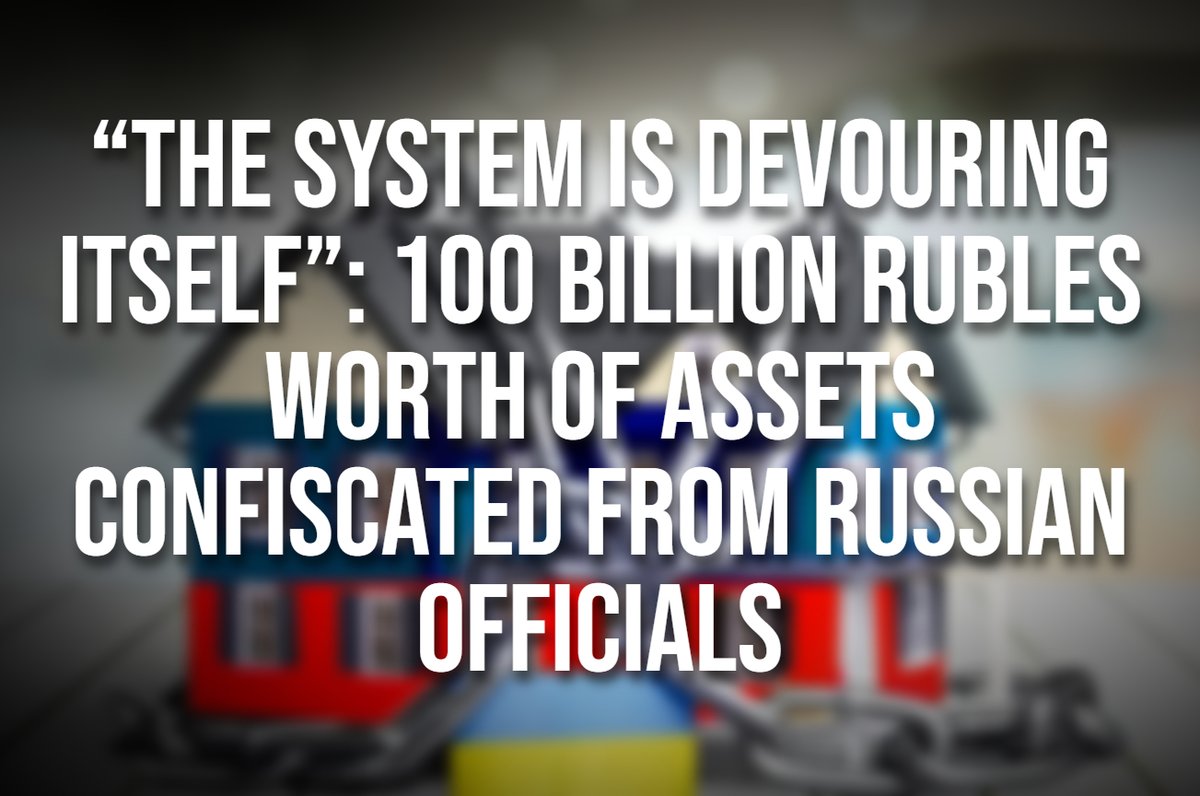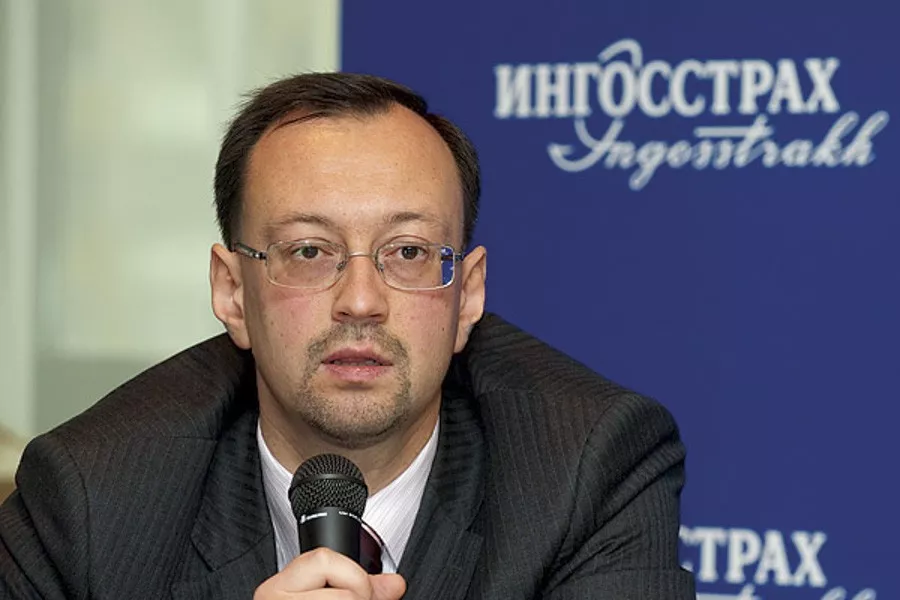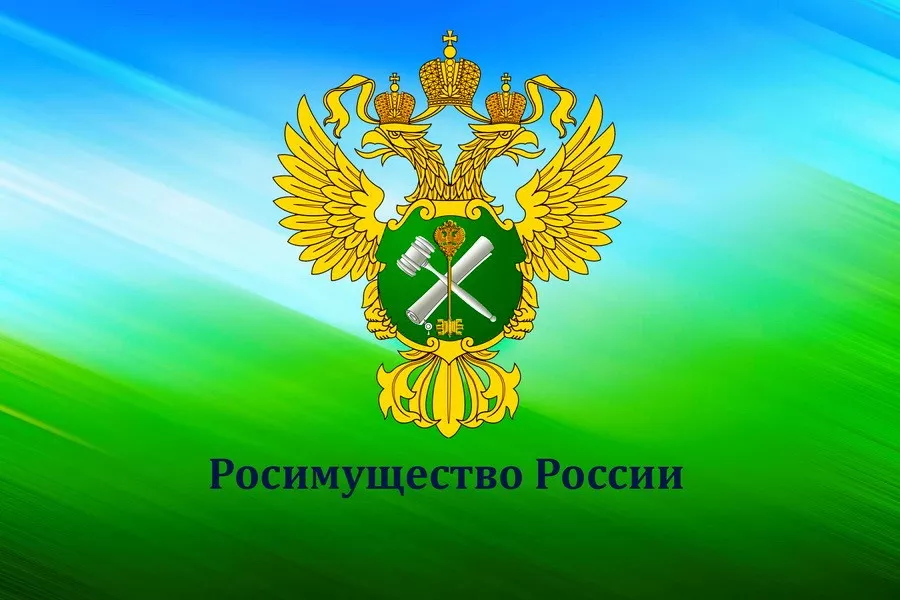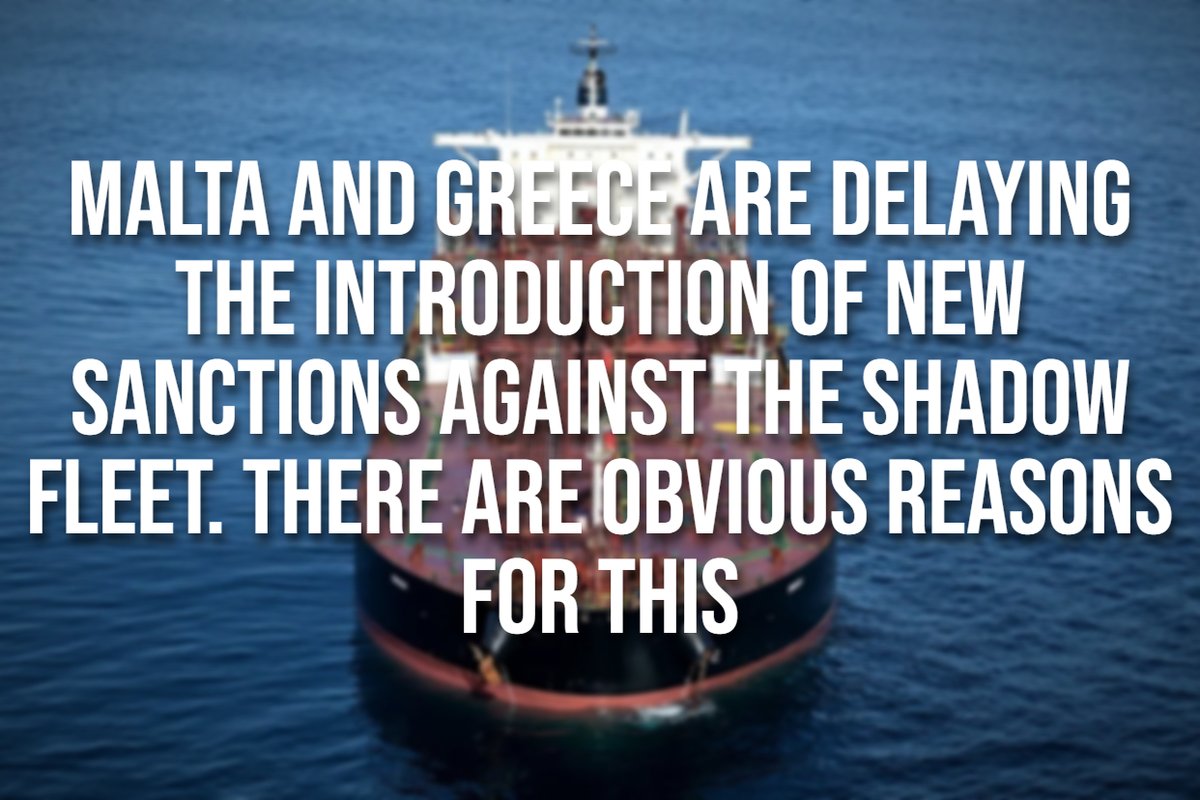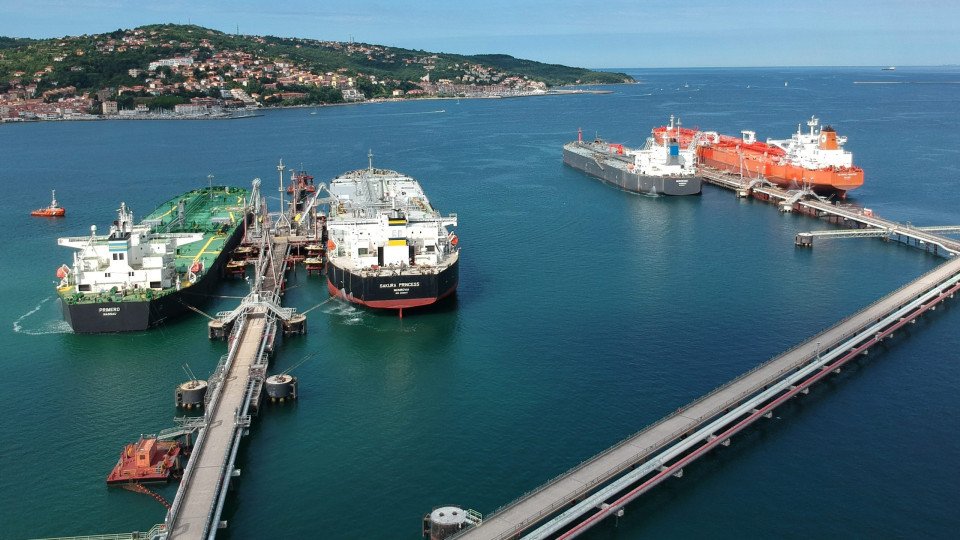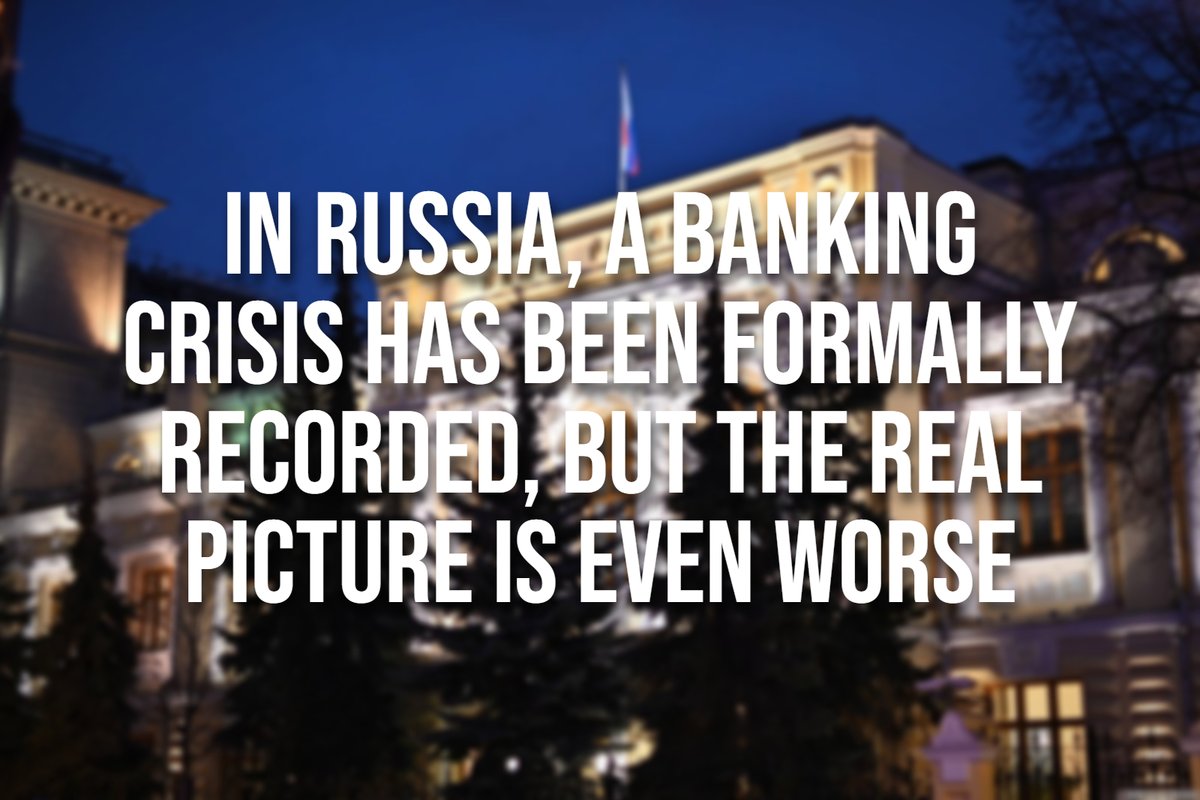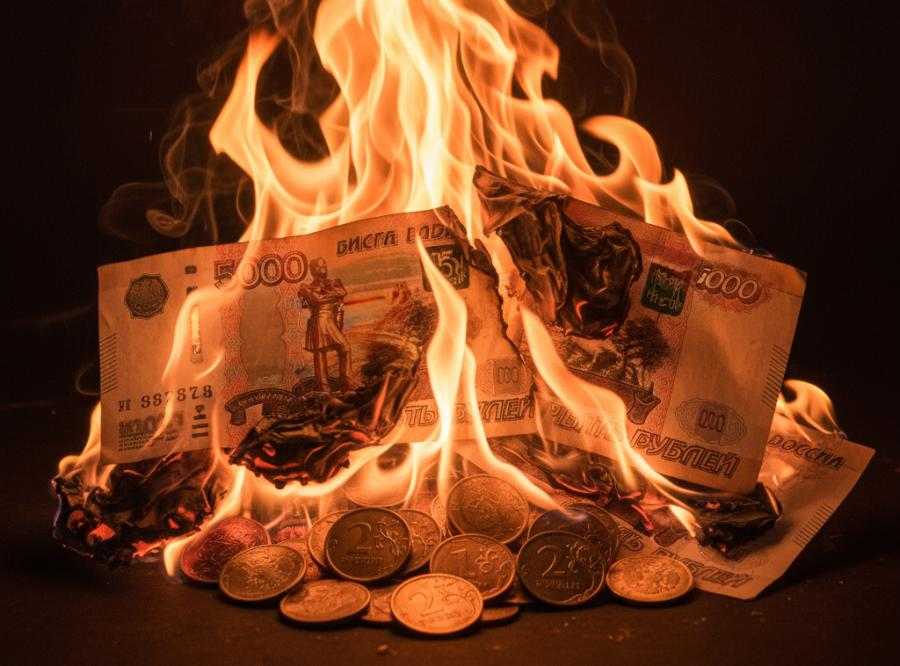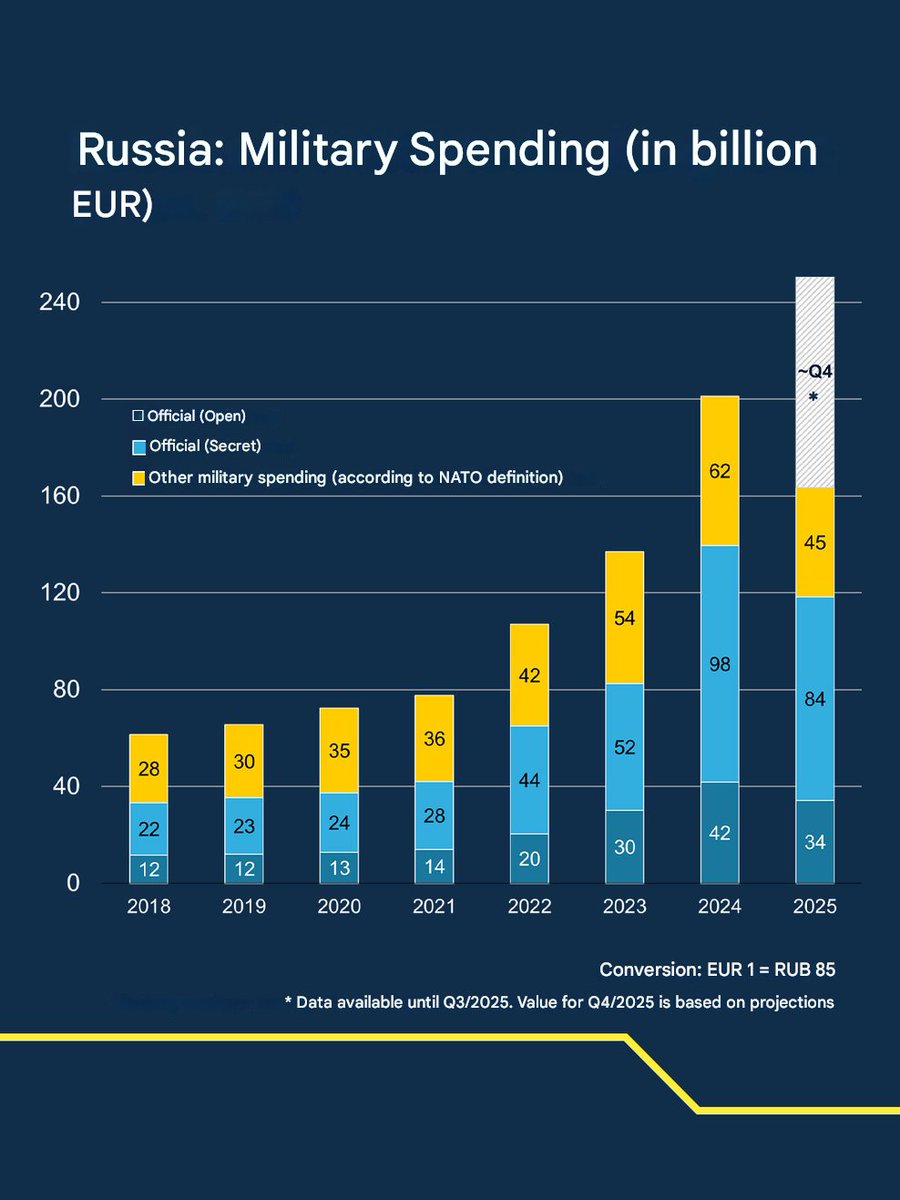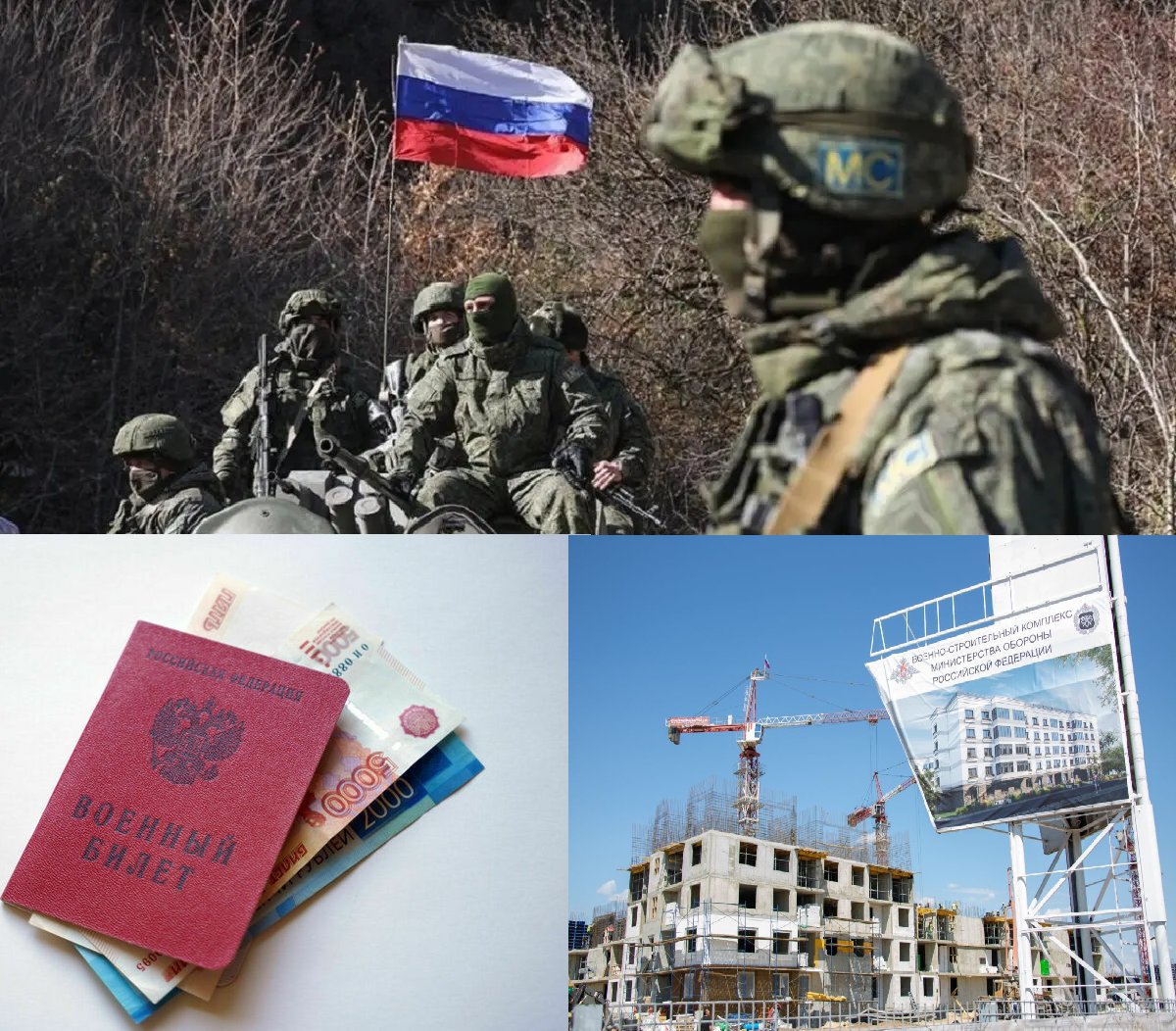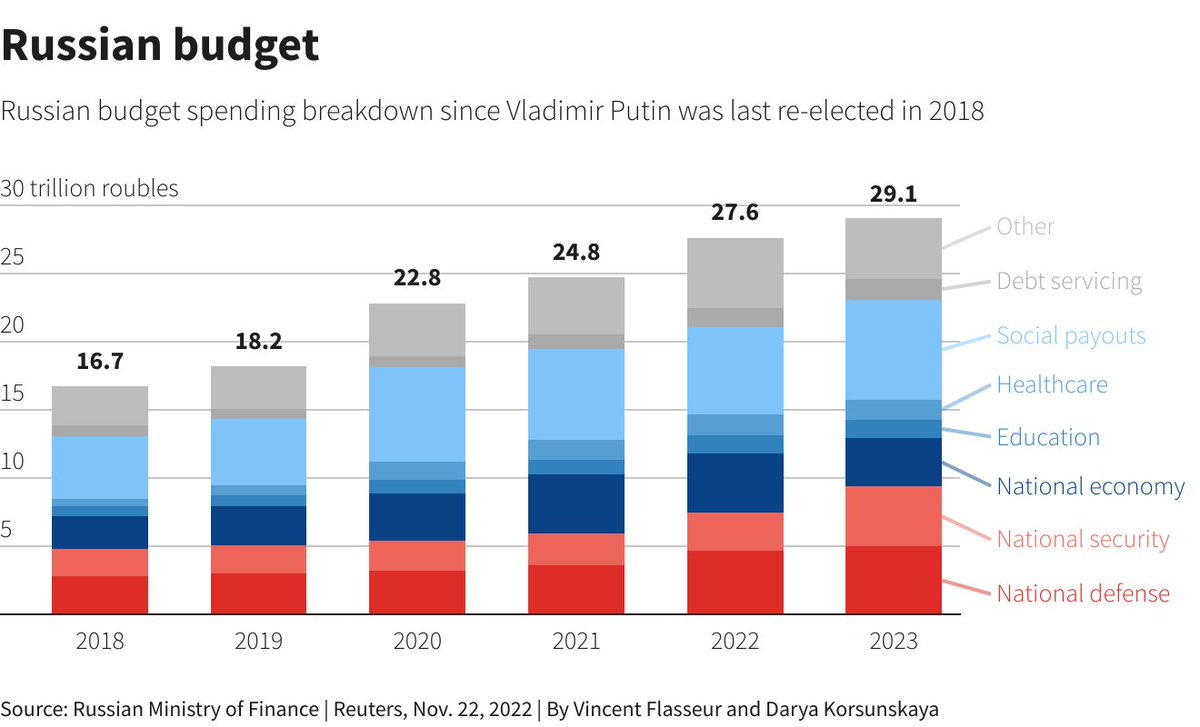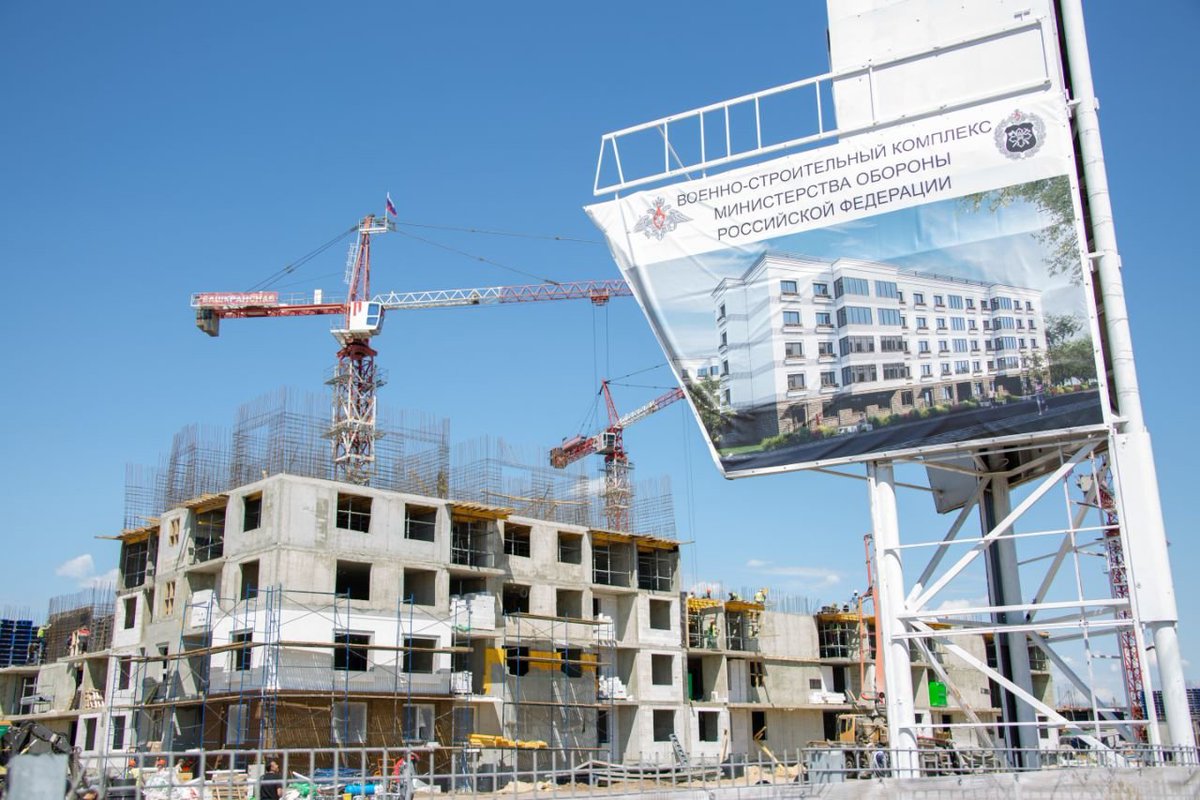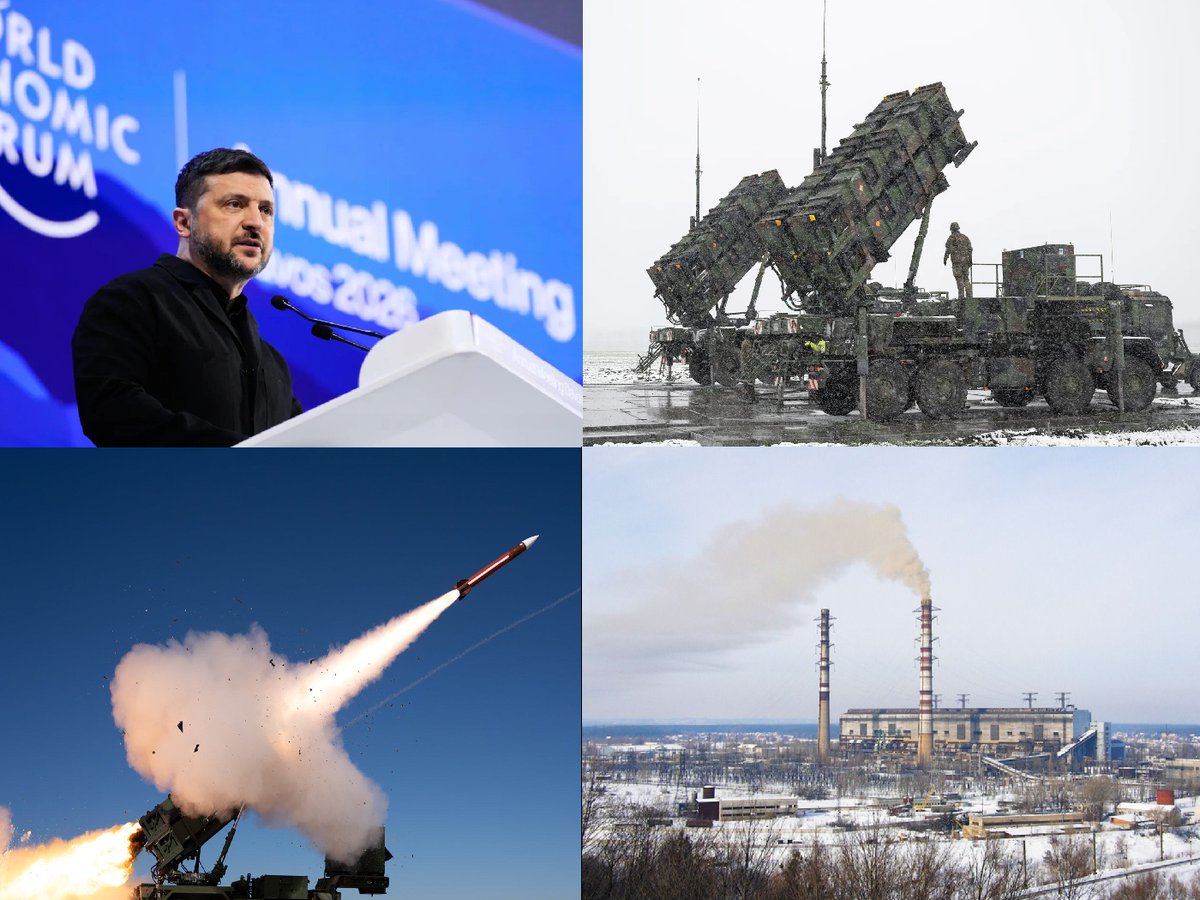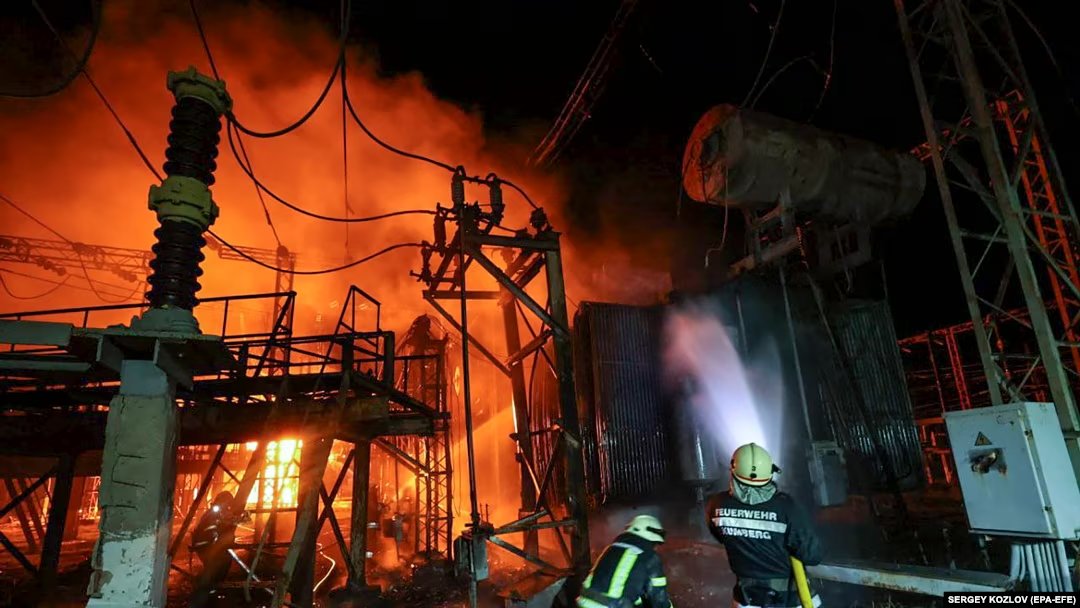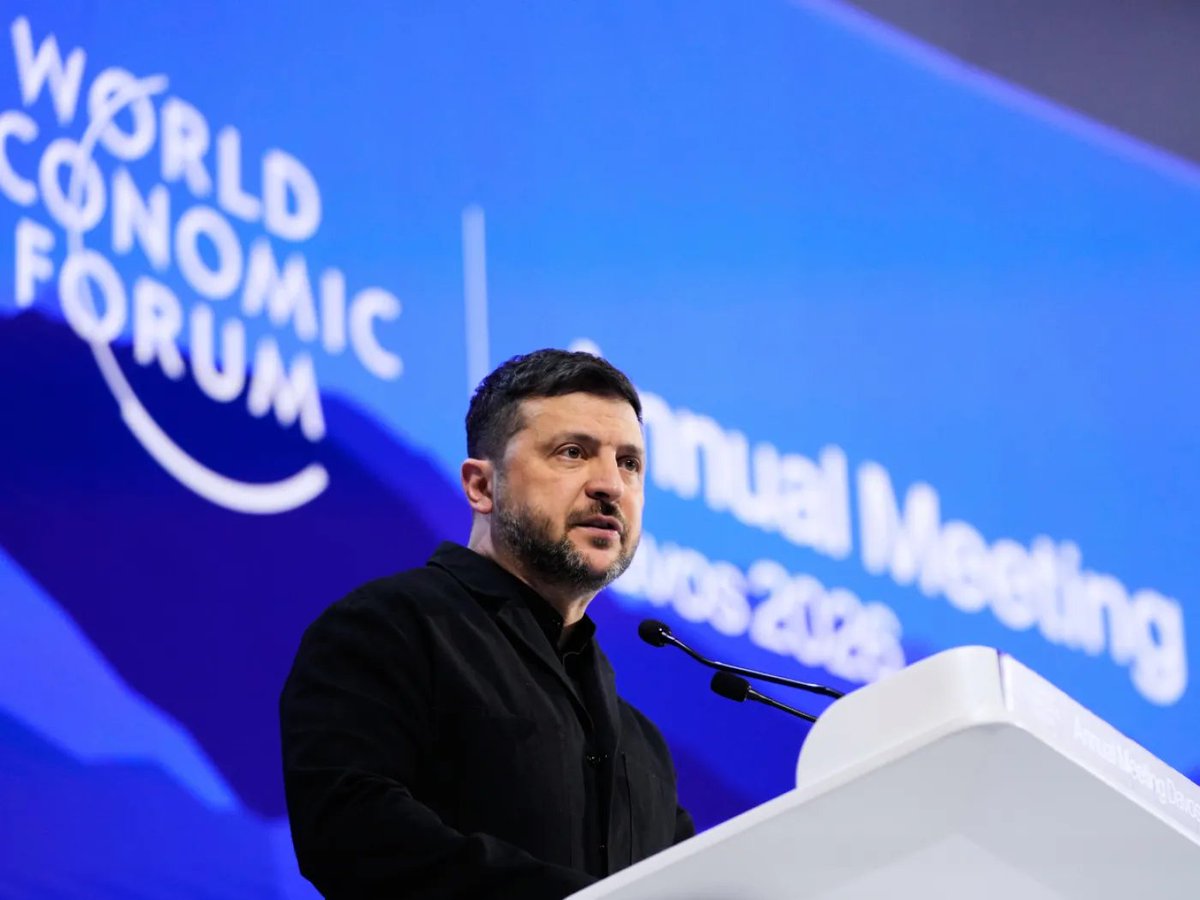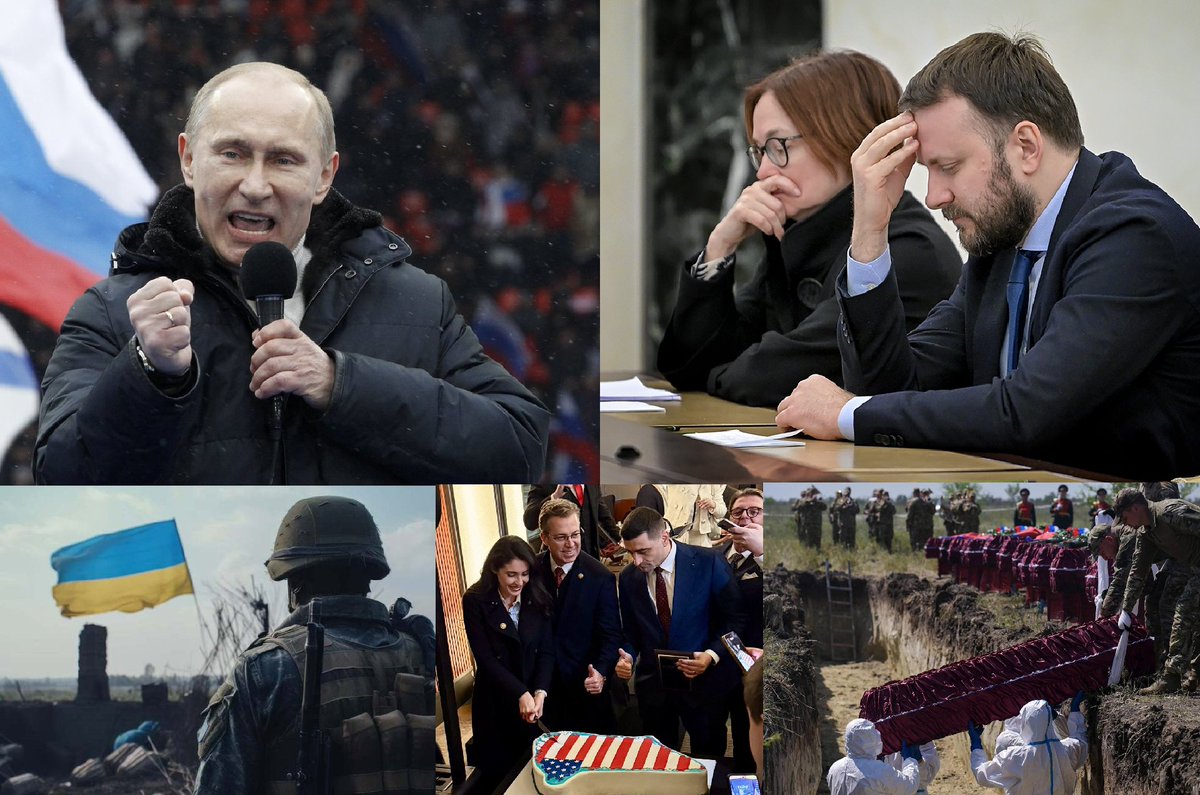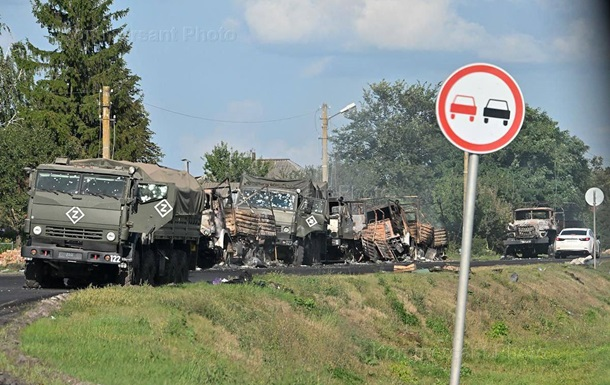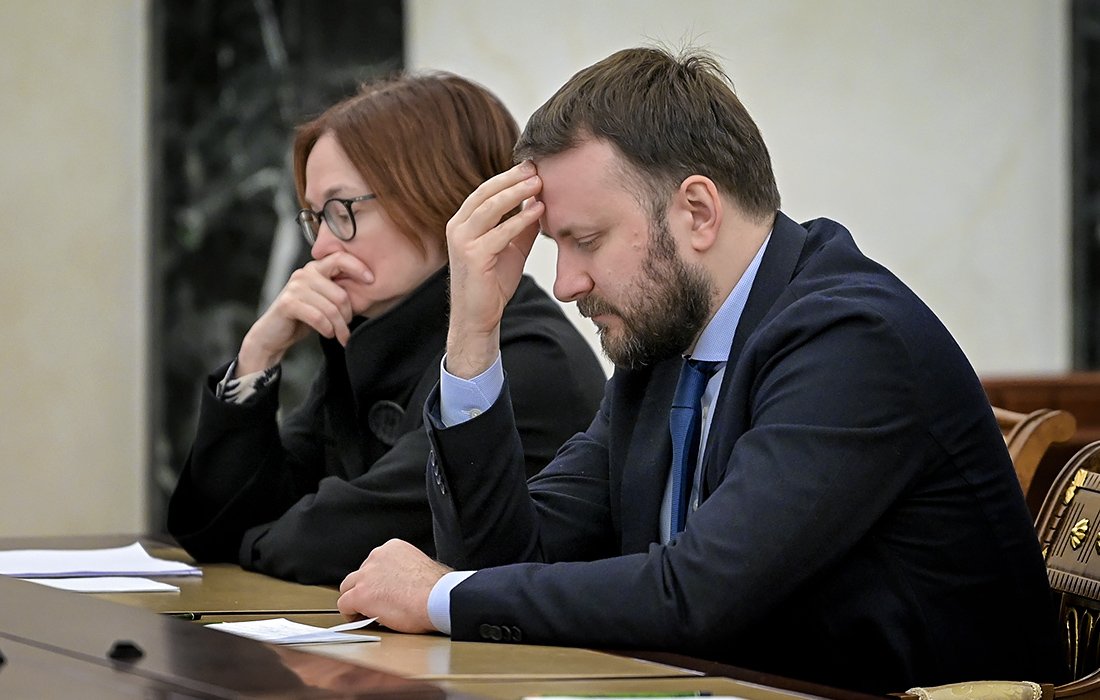Ramzan Kadyrov declared a blood feud against Dagestan Senator Suleiman Kerimov and State Duma deputies Bekkhan Barakhoev and Rizvan Kurbanov, according to the translation of the speech of the head of Chechnya, and accused them of attempting to assassinate him. The dispute
1/9
1/9
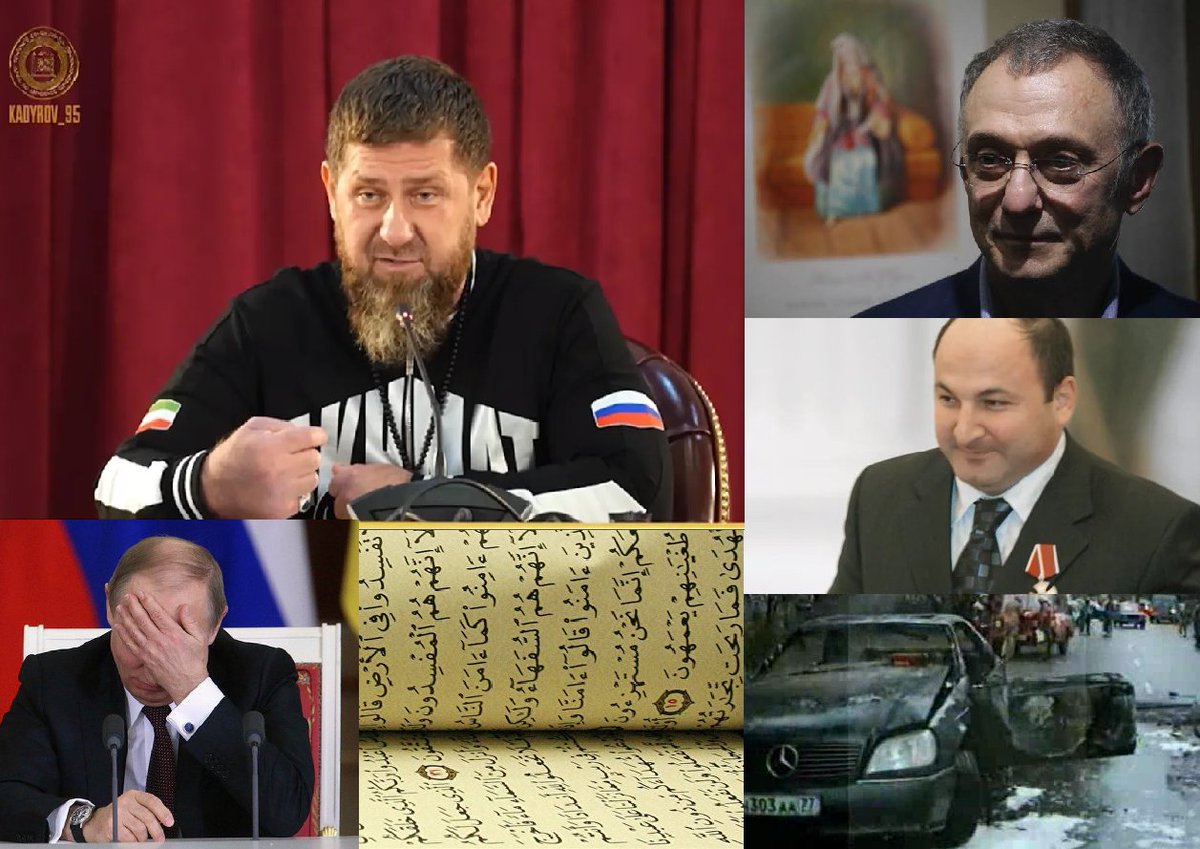
over Wildberries continues. Kadyrov is participating in the conflict over Wildberries on the side of Vladislav Bakalchuk. A shootout that took place in Moscow near the office of the marketplace at the end of September resulted in the death of two people from Ingushetia.
2/9
2/9

The republic believed that they were killed by Kadyrov's men, and at least six people from Chechnya were arrested in the case of the shootout. Billionaire Suleiman Kerimov is believed to be acting on behalf of Tatyana Kim (until September, she bore the surname Bakalchuk).
3/9
3/9

However, several experts on the North Caucasus immediately commented that this was done in violation of adat - the customs of Muslim peoples. In their opinion, Kadyrov did not have a good enough reason for this, and even if he had, it should have been done with the
4/9
4/9

involvement of elders and not with the help of a Telegram channel. However, today in Odintsovo near Moscow, an attempt was made on the life of the former deputy chairman of the Ingush government, Sherip Alikhadzhiev. An unknown person shot him four times and fled.
5/9
5/9
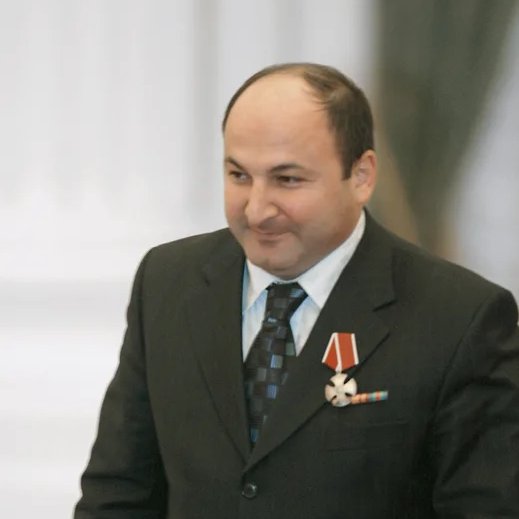
Alikhadzhiev was hospitalized. He is in intensive care. He used to work with Kadyrov. There are more and more signs that the conflict between Chechnya and Ingushetia is starting to heat up. While Russia is waging war in Ukraine, its own clan struggle is brewing inside Russia.
6/9
6/9

The shootout in Wildberries is a business claim in the style of Russia in the 90s. A conflict in the Russian army between Kadyrovites and soldiers of the Russian army. In Russia, relations between Muscovites and small nations are already tense. Especially with Muslims. All
7/9
7/9

the ingredients for a new war in the Caucasus are already there. So far, these are a couple of shootouts in Moscow, but behind them lies a struggle for power. Putin is losing it. Kadyrov has begun to test his strength. It is difficult to say how strong this is and how quickly
8/9
8/9
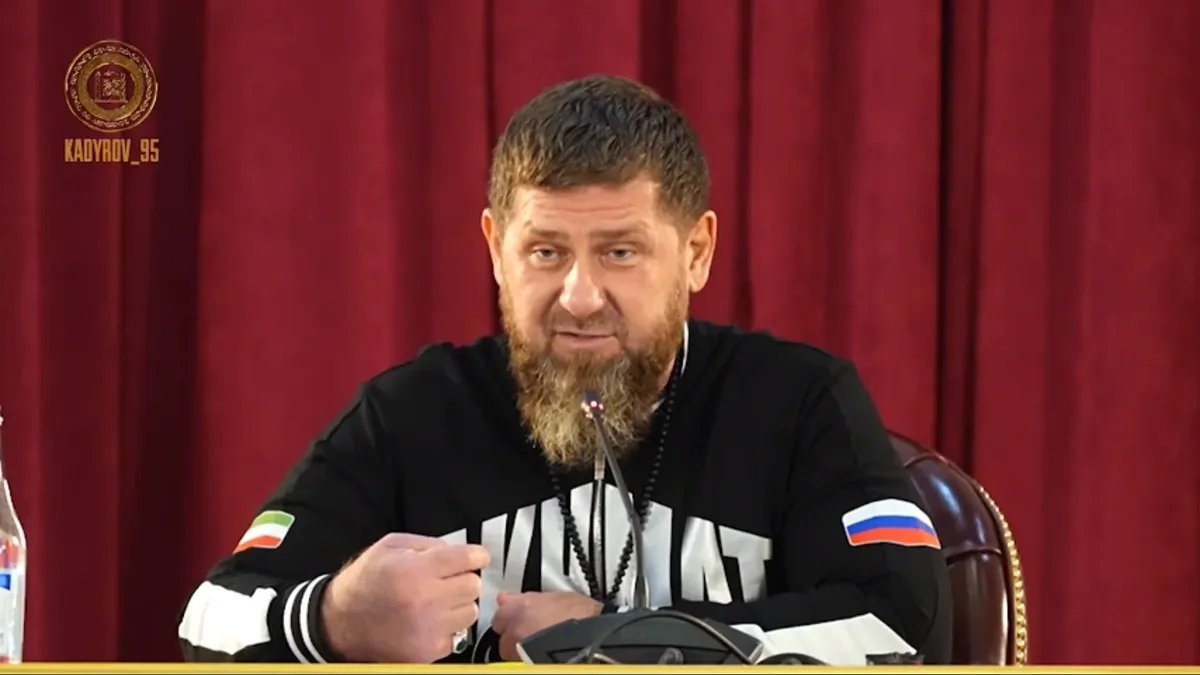
it will flare up. But in Russia, where the monopoly on the use of force, the constitution and internal law enforcement agencies are busy at war and only the right of the strongest works, there will come a time when all the spiders in this jar will begin to fight for the flies
9/9
9/9
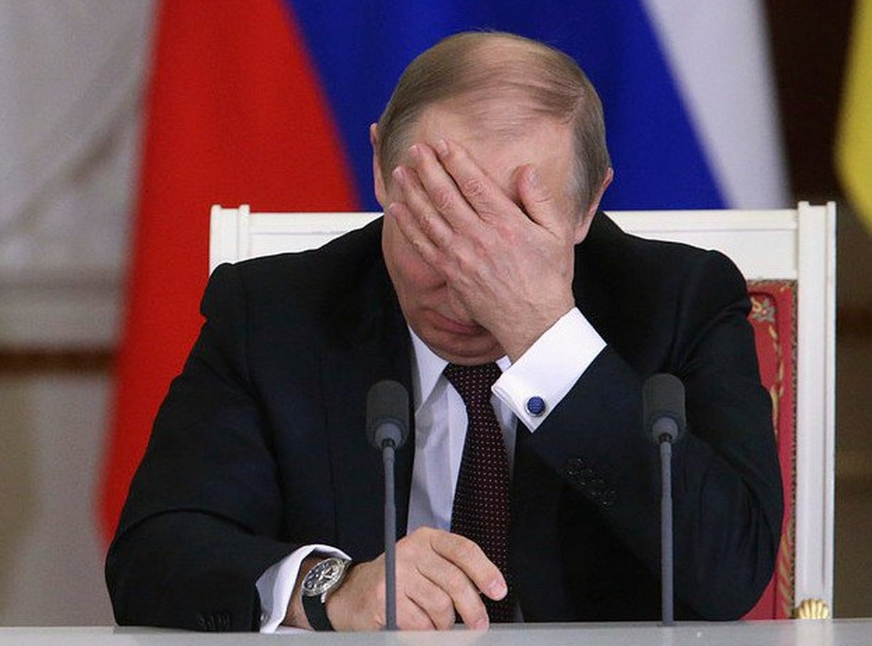
• • •
Missing some Tweet in this thread? You can try to
force a refresh


